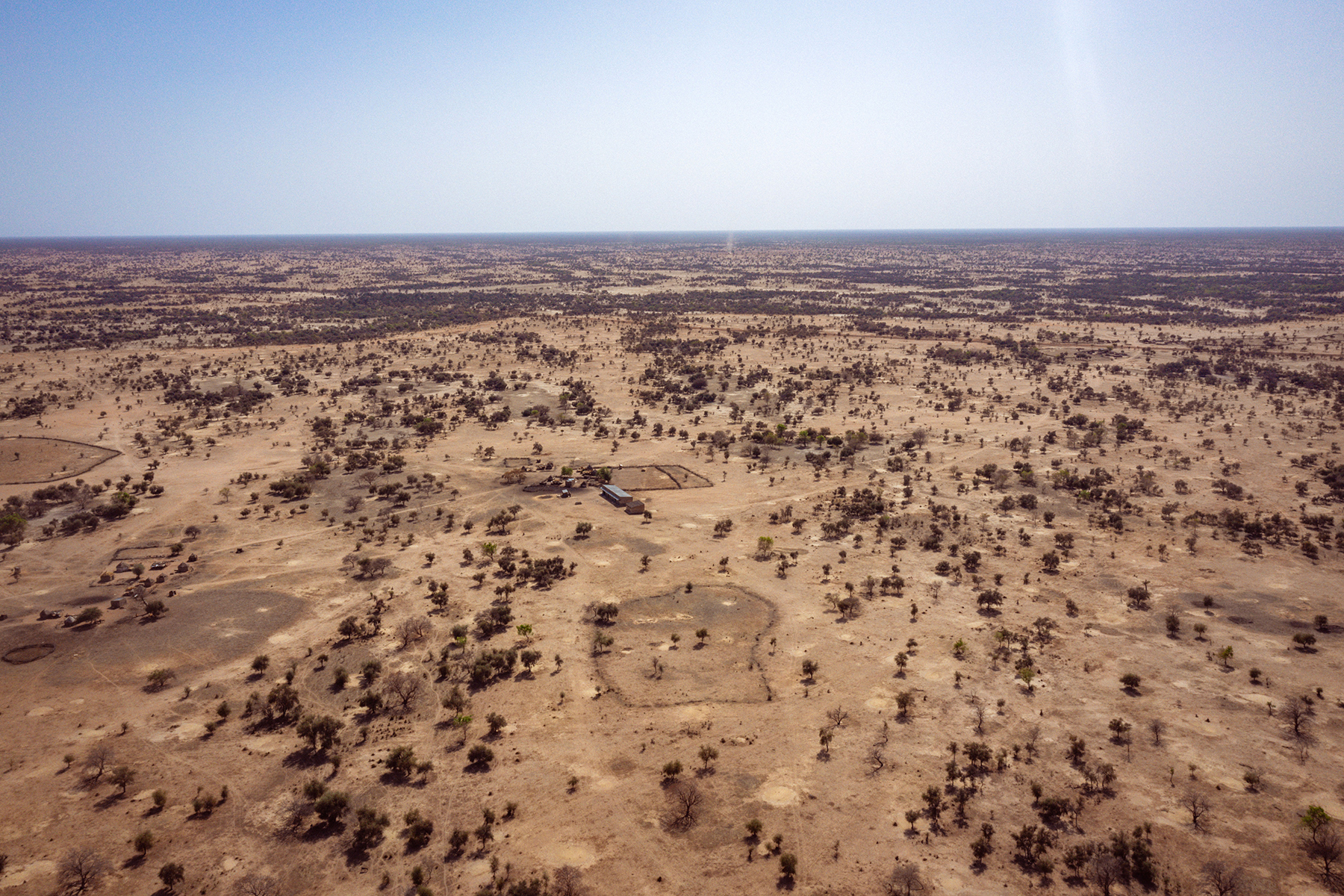NbS Commitment Tracker update: Over half of nature commitments show little or no evidence of progress in six months

Nature can provide up to one-third of the emissions reductions needed to help plug the shortfall, however, a 4.1 trillion USD funding gap still needs to be addressed to fully enable nature-based solutions at scale. Thus, keeping track of such commitments is vital for nature and climate action.
Read more
Related articles for further reading
A recent update of Nature4Climate’s NbS Commitment Tracker has found that more than half (52.5%) of all commitments tracked have published little to no evidence of progress and only 14 out of 127 commitments (11%) have language or specific initiatives mentioning Indigenous Peoples and Local Communities (IPLCs).
Such findings are cause for concern especially in light of the recent UNFCCC synthesis report on the Global Stocktake that held existing national pledges to cut emissions insufficient to keep temperatures within the 1.5 C threshold. Instead, current climate pledges would put the world on track for 2.5 degrees Celsius or so of warming by 2100, assuming nations followed through on their plans.
Nature can provide up to one-third of the emissions reductions needed to help plug the shortfall, however, a 4.1 trillion USD funding gap still needs to be addressed to fully enable nature-based solutions at scale. Thus, keeping track of such commitments is vital for nature and climate action.
Ultimately, the N4C commitment tracker is a transparency test. Commitments are given a green light when pledged but can be downgraded if no updates are made publicly available. For example, 30 of 127 total commitments (23.6%) were downgraded from light green/green to yellow; 19 of those commitments were made in 2022 (63.3%) and, per the methodology, were automatically listed as light green for 2022. Since no updates were published, a concern over progress and/or transparency is now due.
| All Global Initiatives | |||||
| Progress | 2023 Count | 2023 Percentage | 2022 Percentage | ||
| Red | 5 | 6% | 10% | ||
| Yellow | 37 | 46% | 28% | ||
| Light Green | 33 | 41% | 60% | ||
| Green | 5 | 6% | 2% | ||
| Total | 80 | 100% | 100% | ||
| All Regional Initiatives | |||||
| Progress | 2023 Count | 2023 Percentage | 2022 Percentage | ||
| Red | 0 | 0% | 0% | ||
| Yellow | 25 | 53% | 17% | ||
| Light Green | 19 | 40% | 77% | ||
| Green | 3 | 6% | 6% | ||
| Total | 47 | 100% | 100% | ||
The latest analysis also includes some regional insights:
Africa
- Africa mirrors the broader observation that roughly half of all commitments tracked have published little to no evidence of progress.
- 6 projects were downgraded from light green to yellow: African Climate Risk Facility, Multilateral effort to map seagrass, The African Restoration Fund, US Commitment to food adaptation in Africa, AFR100 Challenge, Central African Forest Initiative 2021-2031 agreement, Congo Basin Finance
| Africa | |||||
| Progress | 2023 Count | Percentage | 2022 Percentage | ||
| Red | 0 | 0% | 0% | ||
| Yellow | 10 | 50% | 16% | ||
| Light Green | 10 | 50% | 84% | ||
| Green | 0 | 0% | 0% | ||
| Total | 20 | 100% | 100% | ||
Asia and Pacific Islands
- 3 projects were downgraded from light green to yellow: 1t.org in India, ADB Water and Sanitation Resilience, Commitment to enhance water security in Bangladesh
- 1 project was upgraded from light green to green: The Water for Women Fund
| Asia & Pacific | |||||
| Progress | 2023 Count | Percentage | 2022 Percentage | ||
| Red | 0 | 0% | 0% | ||
| Yellow | 4 | 57% | 14% | ||
| Light Green | 2 | 29% | 86% | ||
| Green | 1 | 14% | 0% | ||
| Total | 7 | 100% | 100% | ||
Latin America and the Caribbean
- 1 project was downgraded from green or light green to yellow: Eastern Tropical Marine Corridor Initiative.
| LAC | |||||
| Progress | 2023 Count | Percentage | 2022 Percentage | ||
| Red | 0 | 0% | 0% | ||
| Yellow | 6 | 50% | 31% | ||
| Light Green | 5 | 42% | 54% | ||
| Green | 1 | 8% | 15% | ||
| Total | 12 | 100% | 100% | ||
Middle East and North Africa
- 2 projects were downgraded from light green to yellow: SAVE Cleantech Utilities, US & Germany Support to Egypt
| MENA | |||||
| Progress | 2023 Count | Percentage | 2022 Percentage | ||
| Red | 0 | 0% | 0% | ||
| Yellow | 2 | 40% | 0% | ||
| Light Green | 3 | 60% | 100% | ||
| Green | 0 | 0% | 0% | ||
| Total | 5 | 100% | 100% | ||